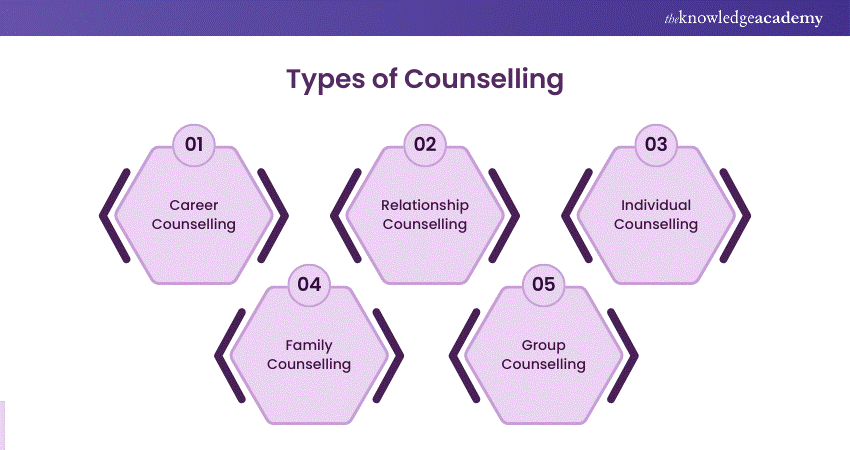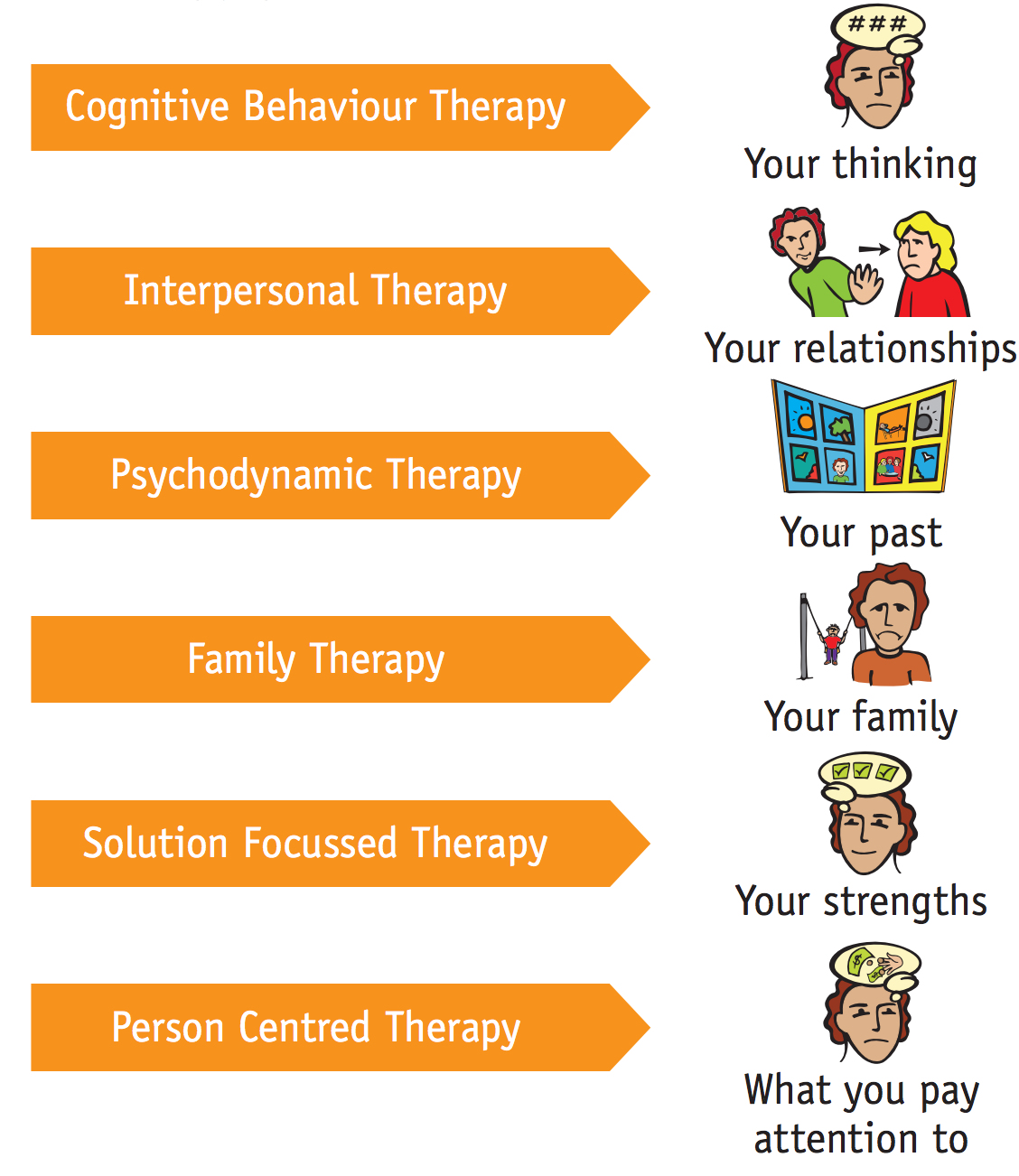Checking out the Benefits of Virtual Therapy in Modern Mental Wellness Care
The surge of virtual therapy marks a substantial change in psychological healthcare. It offers improved ease of access, enabling individuals from diverse backgrounds to look for assistance without geographical restrictions. Adaptability in scheduling fits differing lifestyles, while the comfort of home can cultivate openness. The effects of these modifications prolong beyond simple comfort. The evolving landscape of therapy increases crucial inquiries regarding its long-lasting impacts on person involvement and therapy outcomes.
Improved Access for All
Standard therapy usually provides barriers such as geographical location and organizing problems, virtual therapy greatly enhances access for people looking for psychological health and wellness support. By removing the need for physical traveling, virtual therapy enables clients from remote locations or those with flexibility obstacles to get in touch with qualified specialists. This setting of therapy can reach underserved populations who might do not have regional mental wellness resources, thus attending to variations in accessibility to care. Additionally, virtual systems can deal with diverse needs, providing solutions in several languages and accommodating different cultural backgrounds. Clients can involve with a wider variety of professionals, giving them with alternatives that line up with their specific needs and choices. This boosted ease of access cultivates an extra comprehensive environment, permitting individuals to seek help without the preconception commonly associated with in-person visits. Generally, virtual therapy represents a substantial innovation in making mental health care much more obtainable to all.
Adaptability in Scheduling Procedure

As virtual therapy continues to get grip, its fundamental flexibility in organizing sessions confirms to be a significant benefit for lots of people. Unlike conventional in-person therapy, virtual therapy permits customers to choose session times that ideal fit their individual and specialist commitments. This flexibility suits those with demanding job routines, family responsibilities, or other dedications that can make going to physical consultations testing.
Moreover, clients can easily reschedule or change their sessions as required, lowering the anxiety related to rigid visit systems. The accessibility of various time slots throughout the week, consisting of evenings and weekend breaks, additionally improves availability. This adaptability not only urges uniformity present yet also promotes a higher dedication to the restorative process. Eventually, the flexibility in organizing sessions represents a transformative shift in mental health and wellness treatment, empowering people to prioritize their well-being without compromising other aspects of their lives.
Convenience of a Familiar Environment
The convenience of an acquainted environment substantially improves the efficiency of virtual therapy for several clients. Involving in therapy from the safety of their own homes enables individuals to really feel even more secure, decreasing anxiety that might come with conventional in-person sessions. This knowledge can facilitate open interaction, enabling customers to express their thoughts and sensations a lot more freely.
In addition, the visibility of individual things and the ability to manage their surroundings can add to a complacency and relaxation. Customers usually report that being in a comfortable area enables them to concentrate extra on the healing process instead of the setting itself.
Furthermore, the casual nature of virtual sessions can help liquify barriers that may exist in a standard workplace atmosphere, fostering a deeper link with specialists. Overall, the comfort of familiar environments plays an important role in enhancing the restorative experience and efficiency for many individuals seeking psychological wellness support.
Broader Series Of Restorative Alternatives
A larger variety of healing choices ends up being readily available with virtual therapy, enabling clients to accessibility various modalities that may not be practical in standard settings. This versatility makes it possible for individuals to check out varied approaches such as cognitive-behavioral therapy, mindfulness techniques, art therapy, and also specialized interventions like trauma-informed care or dialectical behavior modification.
Customers can choose from a more comprehensive range of therapists, including those who specialize in particular niche areas or details populations, enhancing the probability of discovering an appropriate match. Virtual systems typically provide accessibility to team therapy sessions, assistance areas, and workshops that might be geographically unavailable otherwise.
This selection equips customers to participate in their recovery procedure according to their one-of-a-kind preferences and requirements, potentially raising motivation and commitment to treatment. Because of this, the landscape of mental healthcare becomes extra comprehensive and adaptable, accommodating a larger range of individual experiences and obstacles.
Decreased Stigma Bordering Therapy
Accessing therapy through couples counselling virtual systems adds to a considerable decrease in the stigma traditionally connected with psychological healthcare. By supplying a very discreet and private environment, virtual therapy permits people to look for aid without the anxiety of being judged or identified. This privacy interest those that may or else hesitate to pursue in-person therapy as a result of societal assumptions surrounding psychological health and wellness.
As the occurrence of virtual therapy increases, it stabilizes the discussion around mental wellness, making it an extra appropriate component of day-to-day life. People frequently really feel much more comfy discussing their experiences on-line, promoting visibility and minimizing sensations of isolation. The access of these solutions likewise urges a broader market to involve with psychological health and wellness sources, cultivating a culture of support rather than embarassment. Eventually, the increase of virtual therapy plays an essential role in reshaping mindsets in the direction of looking for help, contributing to an extra approving society regarding psychological health and wellness challenges.
Cost-Effectiveness and Cost

Reduced Session Prices
Many people seeking psychological wellness support find that virtual therapy substantially reduces session costs contrasted to standard click for source in-person choices. The elimination of traveling costs and pause job typically contributes to overall savings. Additionally, several virtual therapists offer competitive prices because of lower overhanging expenses connected with keeping a physical office. This change in expense enables clients to access high quality mental wellness solutions without the monetary strain that might come with standard therapy. For several, this affordability enables a lot more regular sessions, which can boost treatment results. As a result, virtual therapy not only democratizes accessibility to psychological wellness care however additionally supplies a sustainable financial version that aligns with customers' budgets, making mental health and wellness assistance more attainable for a broader audience.
Increased Accessibility Options
While conventional therapy usually provides logistical obstacles, virtual therapy considerably increases accessibility alternatives for individuals seeking psychological wellness care. By getting rid of the requirement for travel and allowing flexible organizing, virtual therapy accommodates varied lifestyles and dedications. This access is especially advantageous for those in remote areas or with movement challenges. Additionally, the cost-effectiveness of virtual therapy decreases economic strain, making mental health solutions more reachable. Numerous systems offer tiered rates or moving scale fees, promoting affordability. Insurance provider significantly acknowledge virtual therapy, additional enhancing its financial accessibility. On the whole, virtual therapy not only expands the range of who can obtain care yet additionally addresses financial obstacles, making mental wellness assistance extra anonymous inclusive and possible for all.
Enhanced Connection of Care
Improved continuity of treatment arises as a significant advantage of virtual therapy in modern-day psychological wellness treatment. This approach allows patients to maintain consistent interaction with their specialists, no matter of geographical barriers or organizing problems. relationship therapy. The adaptability of virtual sessions cultivates normal check-ins, which are essential for keeping an eye on progress and adjusting therapy intends as required
Furthermore, electronic wellness documents and telehealth systems facilitate seamless information sharing amongst treatment carriers. This interconnectedness assures that all experts associated with a person's care are updated on treatment advancements, causing even more worked with and efficient treatments.
Individuals commonly experience decreased anxiety and increased involvement because of the benefit of accessing therapy from acquainted environments. Such ease of access boosts adherence to treatment programs, eventually improving end results - relationship therapy. To sum up, virtual therapy not just bridges gaps in psychological health and wellness services however likewise fortifies the connection of treatment, an essential element of successful restorative relationships
Often Asked Inquiries
How Does Virtual Therapy Guarantee Privacy and Personal Privacy for Customers?
The existing inquiry addresses the measures virtual therapy uses to protect customer discretion. Making use of encrypted platforms, protected logins, and conformity with laws like HIPAA, virtual therapy warranties that delicate information remains exclusive and hard to reach to unauthorized individuals.
Can I Change Therapists Conveniently in Virtual Therapy?
Changing specialists in virtual therapy is usually straightforward. Customers can connect their need for an adjustment with the system, permitting versatility in finding a far better match without the logistical difficulties of in-person appointments.
What Modern technology Do I Required for Virtual Therapy Procedure?
To take part in virtual therapy sessions, a specific usually requires a reputable web link, a computer or mobile phone with a camera and microphone, and access to a safe video conferencing platform defined by their therapist.

Are Virtual Therapy Sessions as Effective as In-Person Procedure?
Recent research studies show that virtual therapy sessions can be equally reliable as in-person sessions, depending on the individual's preferences and conditions. Variables such as convenience and availability may improve the overall healing experience for some clients.
What Should I Do if I Experience Technical Issues During a Session?
If technological problems emerge throughout a session, one need to comfortably connect the issue to the specialist, effort to reconnect, or button to a back-up approach. Perseverance and flexibility are necessary in managing these disruptions.